December 2021 newsletter
Rich Tarro, Kenya
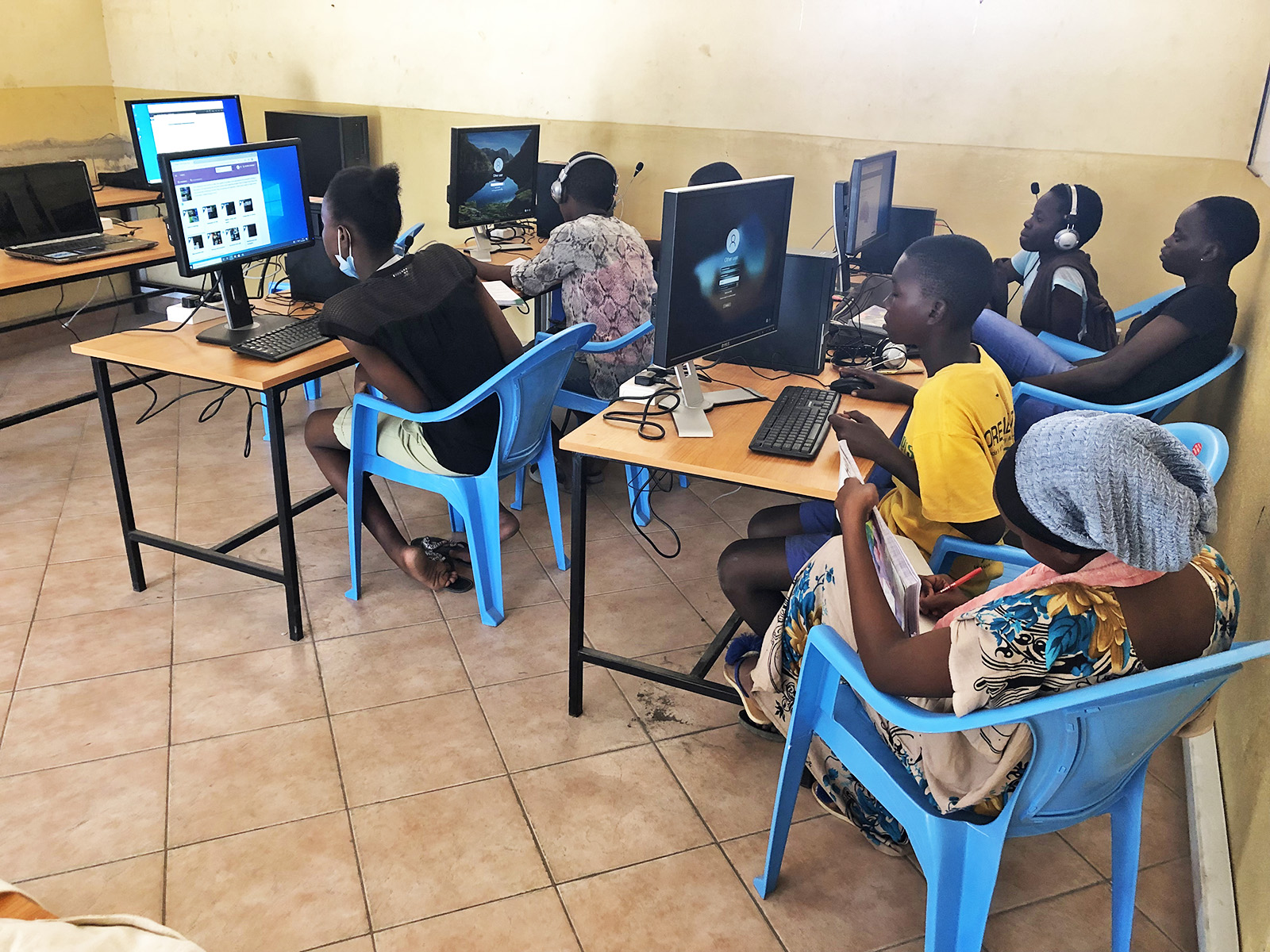
The HOPE Project’s new computer lab. Photos by Rich Tarro
My HOPE ministry project provides educational assistance to orphans and vulnerable children in Mombasa, Kenya. While I love my work and find my ministry extremely rewarding, it can at times also be frustrating. It often seems so hard to get things done here, and everything takes much longer than it should. These frustrations are probably more a reflection on my own shortcomings in the virtue of patience than anything else. However, all of these frustrations pale in comparison to my biggest frustration – the grades of our students.
The less than stellar academic performance of our students is not really surprising, given the environments in which they live and go to school. Our students are typically being raised, along with multiple siblings, by a single parent or guardian. Their families live in substandard housing – one room structures without electricity or running water. They have to do household chores both before and after school, which leaves little time for studying. The schools are overcrowded. It is not unusual to have 70 students in a classroom with one teacher. The students have to share textbooks, and there is little in the way of supplemental learning materials. Even paper and pencils are hard to come by. In Kenya’s very difficult job market, an education is the only means most of these children have to break out of the cycle of poverty in which they live.
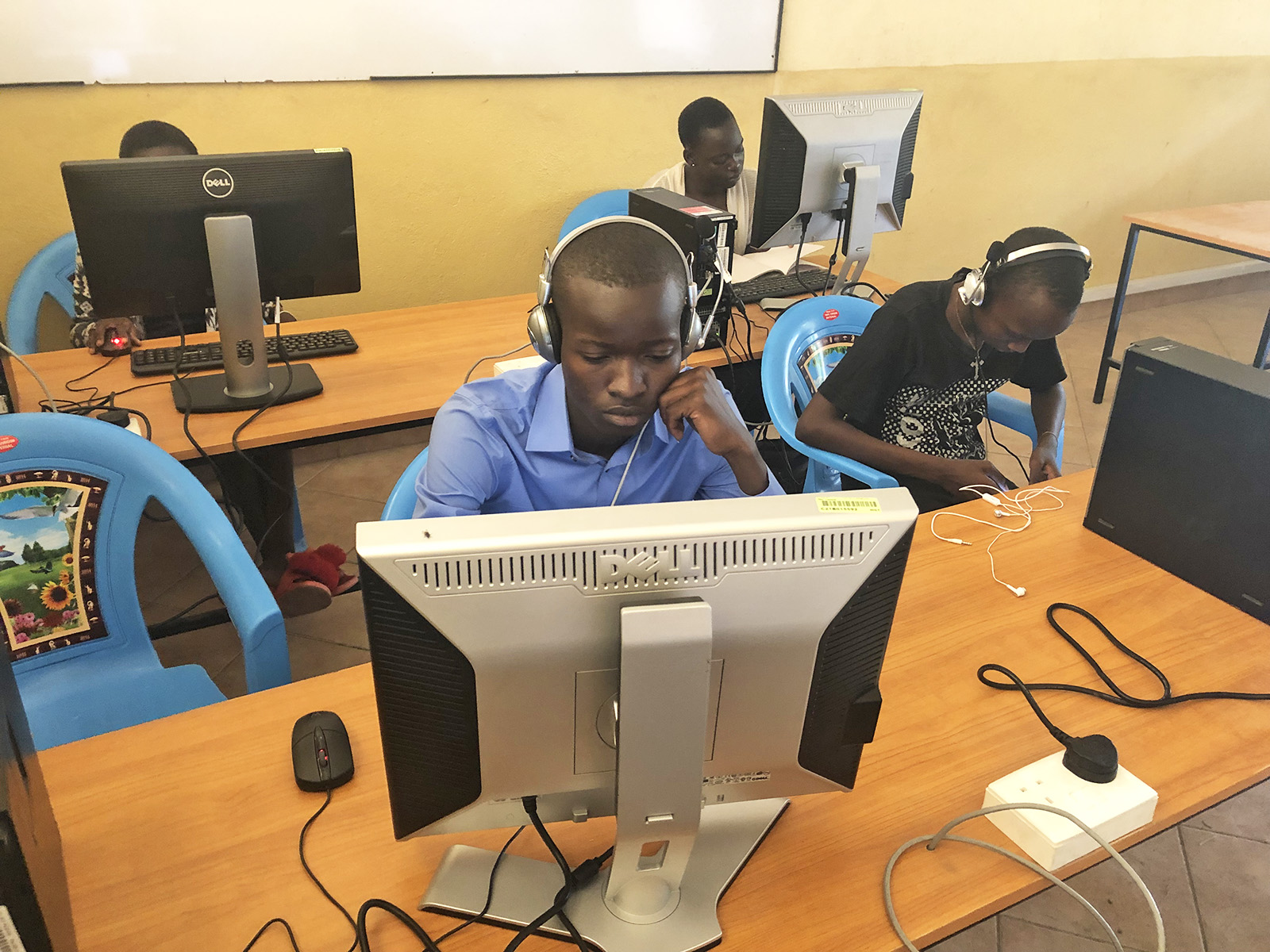 The challenge of addressing the academic deficiencies of our students — so that they can have jobs and careers — often feels overwhelming. As a first step, we have created a library of books for our students to use for studying. The students use the books extensively when they come for tutorial sessions on Saturdays and during school break. We have also improved the quality of our tutorial sessions by incorporating videos and graphics, hands-on experiments and problem sets to reinforce the concepts the students are studying. These efforts are certainly steps in the right direction.
The challenge of addressing the academic deficiencies of our students — so that they can have jobs and careers — often feels overwhelming. As a first step, we have created a library of books for our students to use for studying. The students use the books extensively when they come for tutorial sessions on Saturdays and during school break. We have also improved the quality of our tutorial sessions by incorporating videos and graphics, hands-on experiments and problem sets to reinforce the concepts the students are studying. These efforts are certainly steps in the right direction.
To bring our academic support to an even higher level, we just constructed a computer classroom to give the students access to wide range of digital learning content. There is so much great educational material, including videos and books, available online, which students in other parts of the world have easy access to. Why can’t we make this same content available to our HOPE students?
I’ve been using videos to teach the students in a classroom style setting for several years now. However, this approach has a major drawback in that everyone has to be studying the same thing, that is, whatever I am teaching. This is a tricky proposition when you have students of different needs and abilities spanning four years of high school. The idea of the computer lab is that each student can learn independently (although we continue to also have group learning sessions as this approach has its own benefits). Each student can choose what they want to study and work through the learning material at their own pace. We now have four student computers and will be bringing in more before the end of the year.
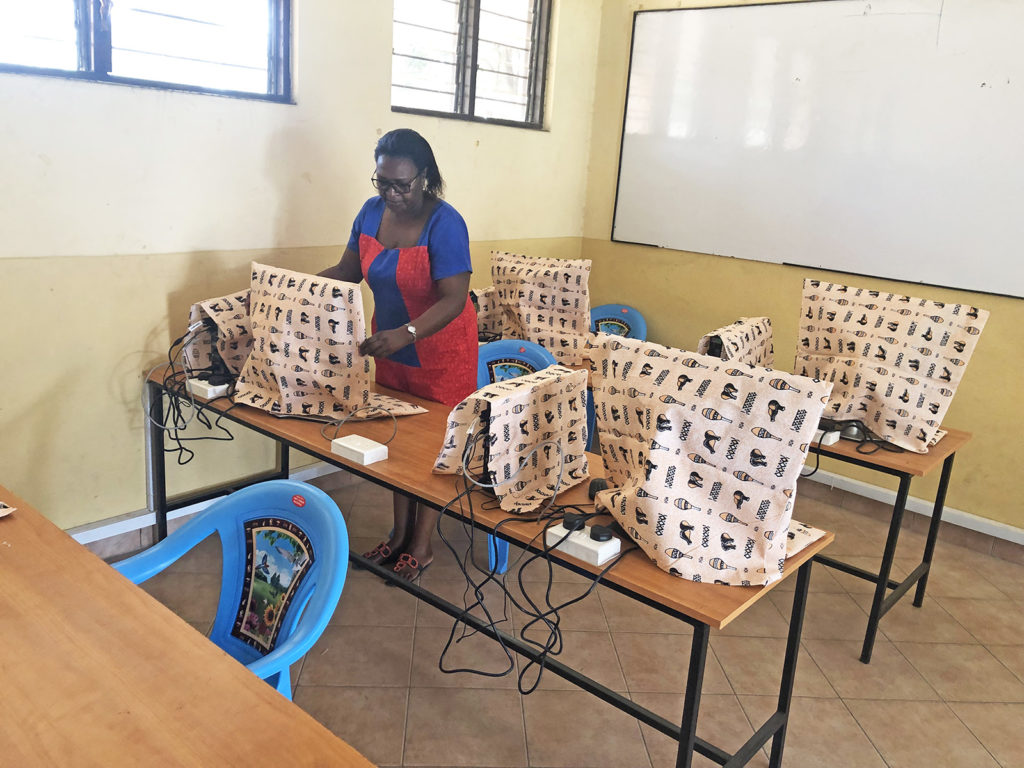
Florah, the HOPE assistant project director, making sure the new dust covers fit properly.
In preparation for the computers, we outfitted our classroom with tables, which were handmade by a local craftsman. Electricians then wired the classroom for power and networking with each table having power outlets with switches to support both the computers and their associated monitors, as well as a network connection for each computer. Next was the installation of the networking gear, which allows the student computers to access the server where all the videos and other learning materials are stored. After that, came the installation and configuration of the server. We were then ready to begin uploading content. We now have close to one thousand educational videos, a few dozen online textbooks and hundreds of practice exams for the students to use to study and learn. The content is primarily geared towards high school learners, with a focus on mathematics (algebra, geometry and trigonometry), chemistry, biology, physics, and English grammar – the subjects that our students struggle with the most.
When students use the Windows computers in the classroom, they each log in with their own user id and password. We implemented authentication to be able to track and manage students individually. However, it also provides an important secondary benefit, which is that the students learn how to use and manage their own computer account. Most of our students had never used a computer before. They had never typed on a keyboard or used a mouse. They had never had a computer account or password. They had never used Microsoft Windows, run an application, opened a folder, or used a browser.
The students now know how to power on a computer, log in with a password and navigate Windows to access the learning content. The students really like learning on the computer platform and find the videos, textbooks, practice problems and mock exams very helpful. This in itself is already a success, as the bigger goal is to get the students to want to learn and think for themselves. While none of the students could yet be termed computer savvy, I can’t express my level of satisfaction that these students, who had never used a computer before a short time ago, have learned enough to use the platform and access the material that they would like to study. We are off to a good start.
I am so grateful for your continuing support of my ministry. During this season of giving, I would like to urge you to consider making a special gift to Maryknoll Lay Missioners’ “Walk With Us” campaign. This new campaign raises money for the recruitment, training and on-going support of all of us lay missioners serving in Africa, Asia and the Americas. We can only “walk with” the people here because you are “walking with” us.
A group of donors has already pledged to match the dollars raised by this campaign 2-to-1. That means that every $100 given to the campaign in effect becomes $150. This campaign will ensure that Maryknoll Lay Missioners will be able to continue to send and to support missioners like me in the years to come. Please pray for the success of this campaign and if you are able, please donate at the “Walk With Us” button below.

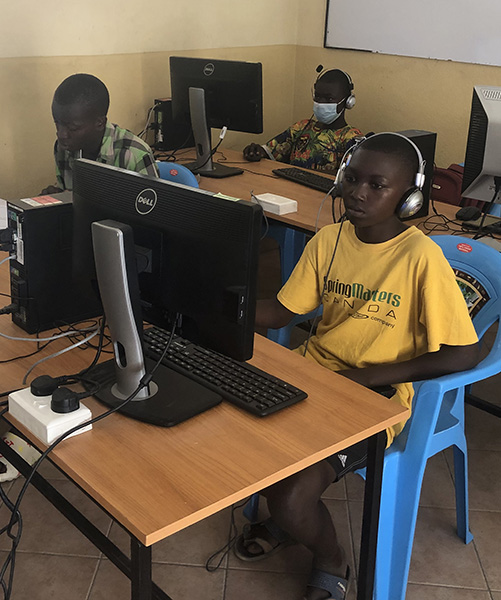

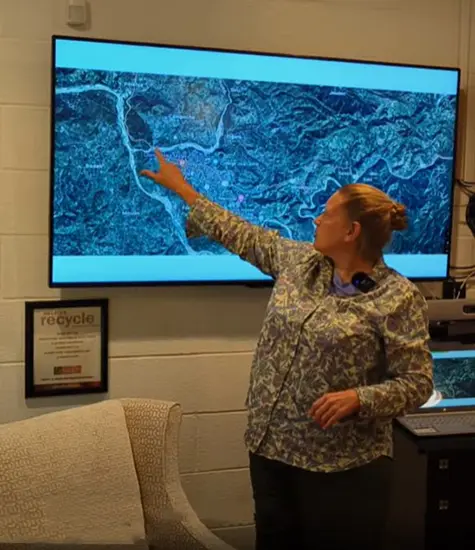
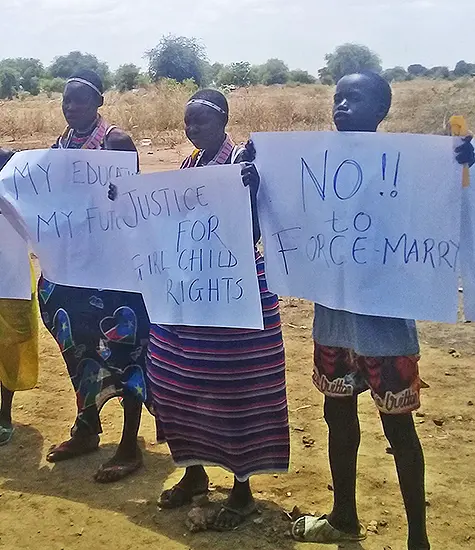
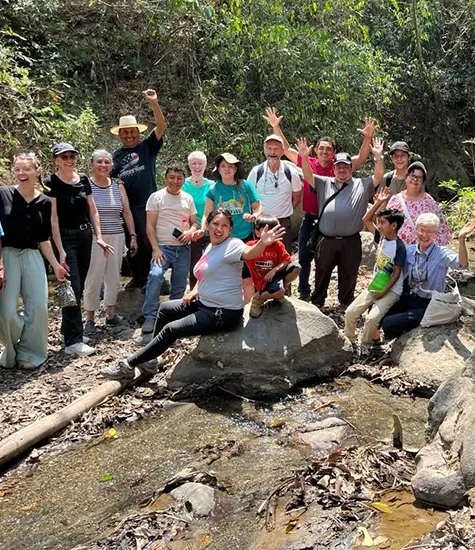




Merry Christmas Rich – to you, Florah and everyone there. Fun to think of you setting up computers – old days!
Congratulations Rich! It is a grand accomplishment. I can imagine the effort that went into getting the equipment and setting up the lab. Well done!